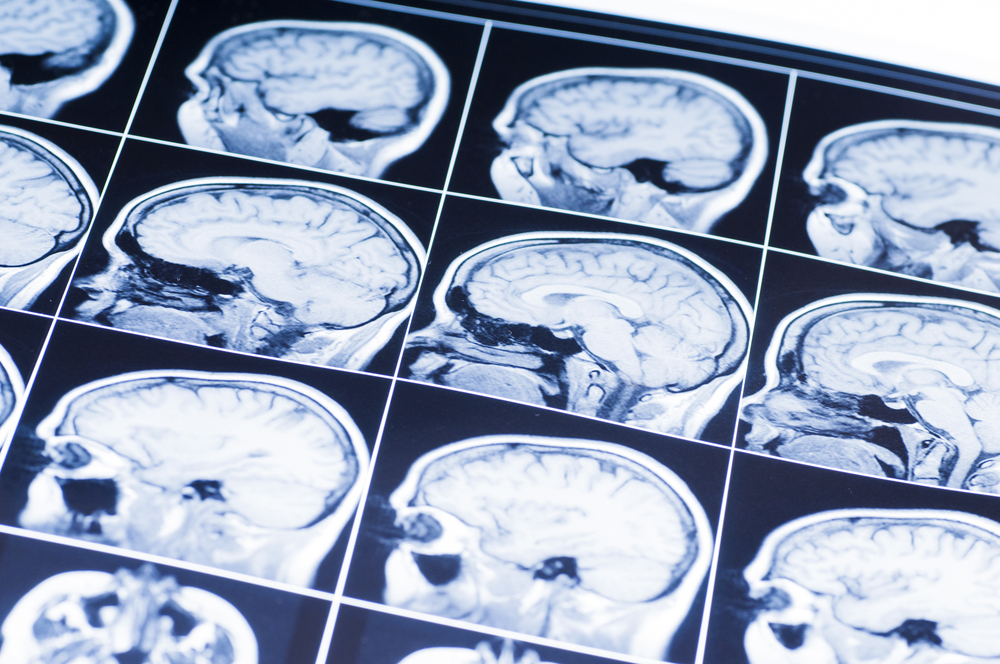Deep Brain Stimulation Improves Some Parkinson’s Symptoms But at Risk of Greater Apathy, Study Shows

Deep brain stimulation (DBS) is effective in improving several neuropsychiatric symptoms of Parkinson’s disease, but can lead to increased apathy in patients, research based on an observational clinical trial in patients suggests.
The study, “Subthalamic stimulation and neuropsychiatric symptoms in Parkinson’s disease: results from a long-term follow-up cohort study,” appeared in the Journal of Neurology, Neurosurgery & Psychiatry.
Parkinson’s is caused by reduced levels of dopamine due to nerve cell death in a region of the brain called the substantia nigra, which controls the body’s balance and movement. The disease is characterized by various motor and neuropsychiatric symptoms.
Patients can develop neuropsychiatric symptoms as early as the premotor phase (before motor symptoms appear) until the late stages of the disease.
Dopamine treatment has been shown to have both positive and negative effects in Parkinson’s patients. Depending on the level of treatment, neuropsychiatric manifestations are divided into two main categories: “hypodopaminergic syndrome,” which involves apathy, depression, and anxiety; and “hyperdopaminergic syndrome,” which includes creativity, addictions to computer and gardening, impulse control disorders (ICDs), punding, and addiction to dopaminergic medications.
Deep brain stimulation is a surgical procedure that involves implanting a device to stimulate targeted regions of the brain with electrical impulses to treat neurological symptoms and help control movements.
Deep brain stimulation of the subthalamic nucleus (STN-DBS), the area of the brain that controls movement, effectively treats motor complications from levodopa (L-DOPA) therapy, but the procedure has also been linked to changes in some behavioral and neuropsychiatric symptoms. Apathy, potentially a sign of worsening cognitive function, is frequently reported in patients both shortly after surgery and during long-term follow-up.
Data on depression, suicide, and anxiety are more controversial, with some studies reporting no changes after deep brain stimulation, while others indicate either improvement or worsening. Studies on the influence on impulse control disorders also have contradictory results, but these reports did not compare STN-DBS treatment with a control group and patient follow-up was relatively short.
Researchers hypothesized that after STN-DBS, patients should show a decrease in impulse control disorders because the procedure reduces the requirement for dopaminergic medications, which have been linked to behavioral addictions.
The team conducted a long-term study (NCT01705418), at a single site in France, of neuropsychiatric symptoms in 69 Parkinson’s patients who had bilateral deep brain stimulation of the subthalamic nucleus. They were followed for a maximum of 10 years.
At a mean follow-up of six years, all impulse control disorders and dopaminergic addiction were significantly decreased, apart from eating behavior and hypersexuality. While the lack of improvement in excessive eating has been noted in previous studies and suggests different brain mechanisms, more research is needed to address the result in hypersexuality, the authors said.
Treatment also reduced neuropsychiatric fluctuations of euphoria and dysphoria (a state of generalized dissatisfaction, associated in this study with panic and distress), which researchers said was in line with previous studies that had shorter follow-ups.
However, the procedure also led to an increase in apathy, which researchers partly attribute to the lower levels of dopaminergic medications as well as their progressively reduced effectiveness. There was also an increasing trend in depression, which the team speculates could be attributed to insufficient dopaminergic stimulation as well as loss of autonomy associated with disease progression.
Subsequent retrospective analysis of 48 of the 69 patients revealed several temporary episodes of depression, apathy, anxiety, and impulse control disorders.
Seven patients developed dementia during follow-up, which the authors attributed to the natural course of the disease.
“The results show that STN-DBS was overall very effective in improving [ICDs] and neuropsychiatric fluctuations in parkinsonian patients in the long term despite a counteracting frequent apathy,” the investigators wrote.
“In the light of our data, we recommend to inform patients of the postoperative risk of apathy, depression and ICDs,” they said. Close follow-up of patients is mandatory to better manage neuropsychiatric symptoms, the researchers advised.






